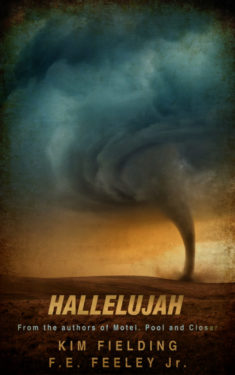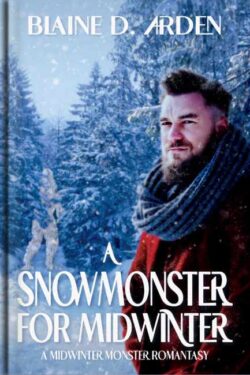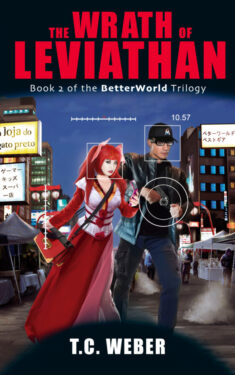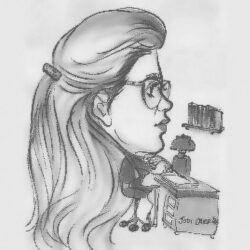Building Better Horror
by
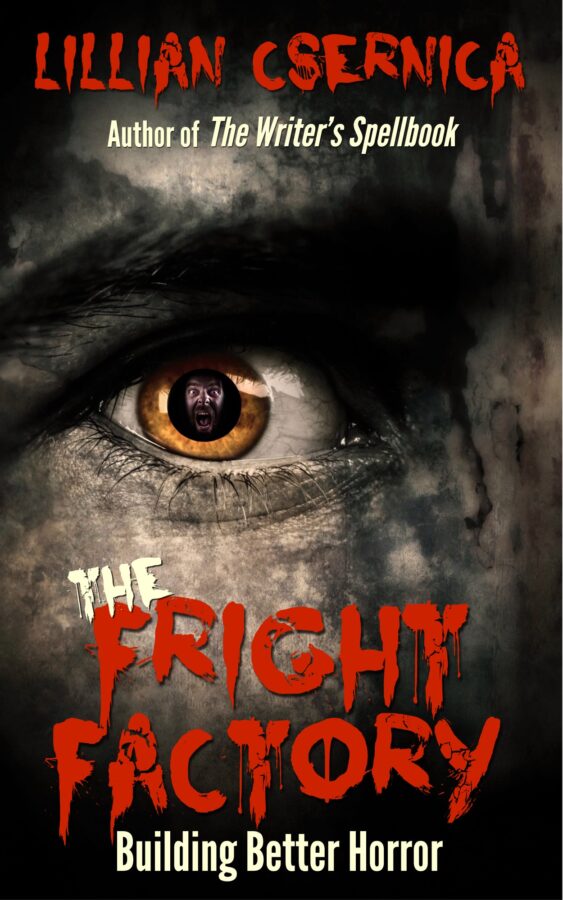
The Fright Factory is here to help you as you labor in the control room, on the assembly line, or mixing the chemicals of inspiration and imagination in huge vats that give off dark and eerie vapors. Here you'll find guidance in drawing up the blueprints of your story along with a selection of tools to help you customize your design.
The elements of horror include the setting, the tingle of suspense building into genuine fear, and of course the Monster. Those are the basics. From there horror can become ghost stories, tales of suspense, splatter and/or gross-out horror, and what might be called the O. Henry approach (twist endings). Cross-genre writing mixes in police procedurals, P.I. stories, and medical horror. Romance with monsters has become popular. You can also throw in the weird western, the Elder Gods, and Joe R. Lansdale - a category unto himself. Whether you're telling a weird tale in the classic tradition of Clark Ashton Smith or creating cutting edge steampunk frights, the long and venerable history of the horror story has also spawned a set of clichés you'll want to avoid.
Now the whistle shrieks, signalling the beginning of a new shift. Time to set the machinery of the factory in motion as we explore the art and craft of building better horror.
Genres:
Tropes: Becoming a Monster, Beyond the Grave Communication, Book of Spells, Burial Ground/Cemetary, Dark Enemy, Demonic Possession, Haunted House, Hunted, I See Dead People, Mad Scientist, Magical Disaster, Old Person in the Woods, Possession, Reluctant Vampires, Ultimate Evil, Vengeful Spirit
Languages Available: English
Tropes: Becoming a Monster, Beyond the Grave Communication, Book of Spells, Burial Ground/Cemetary, Dark Enemy, Demonic Possession, Haunted House, Hunted, I See Dead People, Mad Scientist, Magical Disaster, Old Person in the Woods, Possession, Reluctant Vampires, Ultimate Evil, Vengeful Spirit
Languages Available: English
To make sure you're striking the proper balance between your dominant and secondary genres, keep in mind the reader at whom you're aiming this particular story. Habitual readers of any genre know what they like and want more of the same. If you don't give that to them, they will not read any more of your work, at least in that genre. Editors know and respect their readers' expectations, and will buy stories for magazines or anthologies with those expectations borne firmly in mind. It may well help you focus your writing to visualize such a target reader and tell the story to that person.
READ MOREStart with a list of the elements traditional to your dominant genre. Now make a second list that focuses more closely on the particular sub-genre you're after. Space opera vs. dystopian science fiction? High fantasy vs. contemporary? English "cozies" vs. police procedurals? This list will reflect the expectations of your reader. SF has its gadgetry, its aliens, its extrapolation. Fantasy has its magical creatures, its nonhuman races, its talismans and heroes. Mystery relies on puzzles, romance on love. The harder you think about who will want to read the story you're writing, the more sharply you can focus both your writing and your marketing. Avoid becoming so narrow and specific you limit your options. Make that focus, that concentration, the strength of your story.
Is it really worth the time and effort to write a cross-genre story, when editorial tastes are so subjective and you can't really know for sure which genres combine best in what measure? Hard to say. The right dose of the right extra something in a story can do wonders. The wrong dose can wreck an otherwise workable piece. The safest course is always knowing your market as well as you possibly can, through guidelines, sample copies, and the shoptalk of your colleagues. At SF conventions, take advantage of opportunities to ask editors how they feel about cross-genre stories.
COLLAPSEJ on Goodreads wrote:Never written horror or dark fantasy before and need a primer? This should do the trick. This is not a step-by-step guide to developing your novel. It is an overview with excellent advice. This short book will help you decide if H&DF are for you as a writer and how to get yourself in the right mindset.
This is one book that is non-fiction that is meant to help you in your stepping forward of writing a horror or dark fantasy novel. As a result the subjects are easily approachable, presented in a truth of matter style and given to you with a straight dose of this is what you need to do it but if you don't listen then it isn't on me (which I like that.
The various chapters of the book touch on getting the right timing the right setting and the right monster whether he is driven by good or bad intentions just to name a few. Others touch subjects that shouldn't be written on, how to advance writing a multi-genre story and which clichés to most definitely avoid.
The parts that I enjoyed the most truly is the fact that the author was continually reminding the reader that H/DF stories need realistic emotional strength to move forward and to never overlook the small things for they can make or break a story.
And finally I liked the touching of bases of various "monsters" countries all around the world. With the world of paranormal romance claiming vampires and werewolves it is hard to find a book that doesn't these types of characters to death while I would be more than willing to read a book with an original or little used monster..
And finally I have to say I loved the book for the tidbits and story-leads the author presented in her works fired up my own imagination. I am truly no horror fiction author but my mind was judging the pieces offered then trying to run away with it.
This book is for those who are dabbling in H/DF or those who are actually trying to break in thus I strongly recommend this book as a basis. And to any other author whether you are horror or non-horror this book would be a helpful tool for you can switch out ideas, words and other horror-focused ideas to replace with any other genre, which in turn makes writing a bit easier for all.
Thank you Lillian for giving me a chance to read then review your work for future audiences.
**Received this free book as a winning from a contest provided by the author in hopes for a review**


